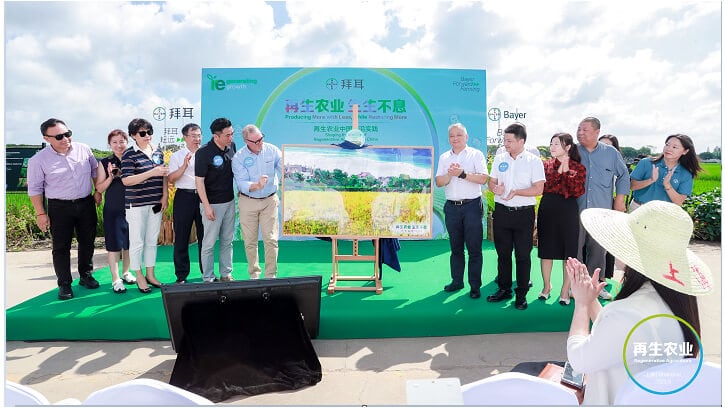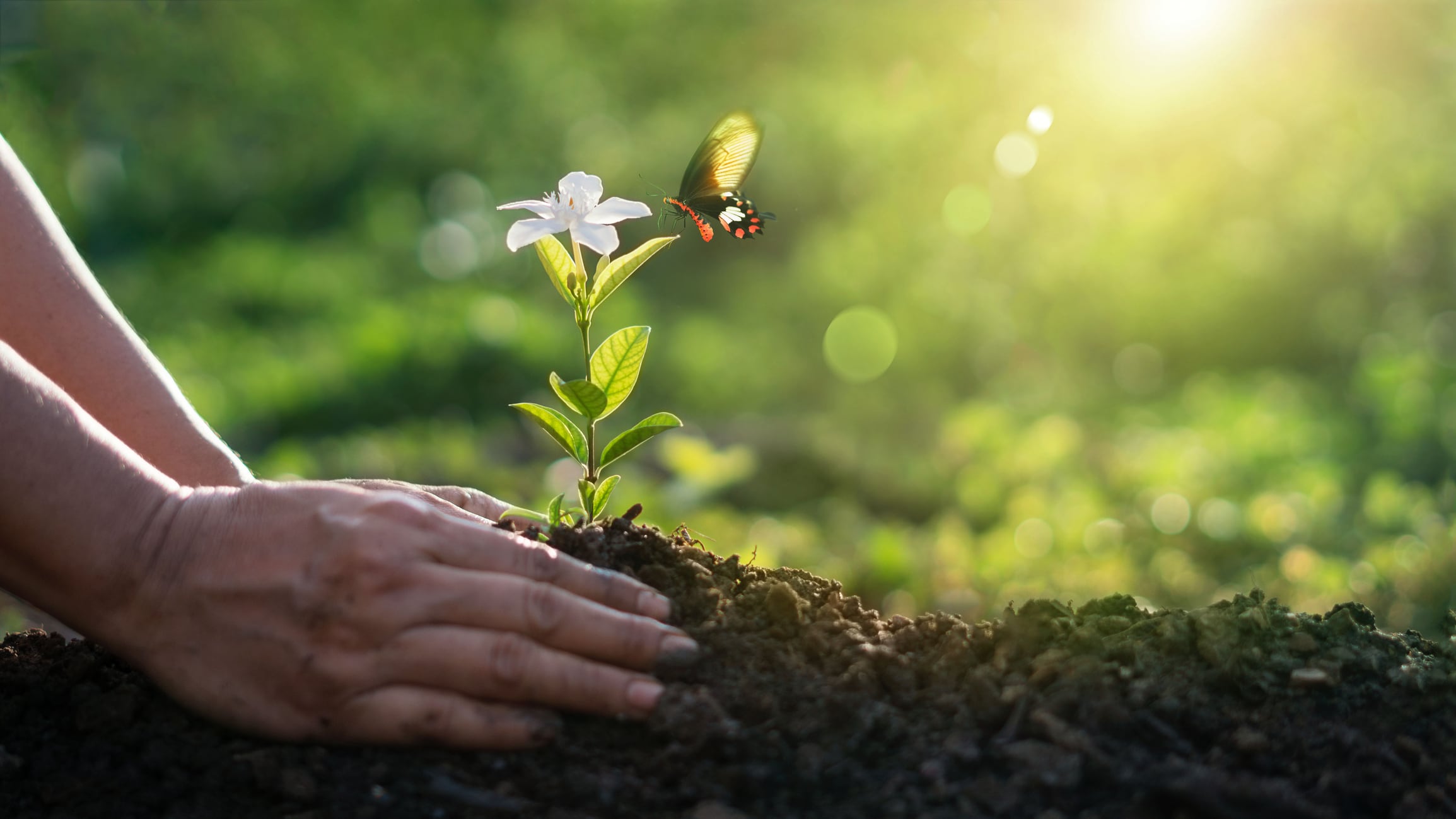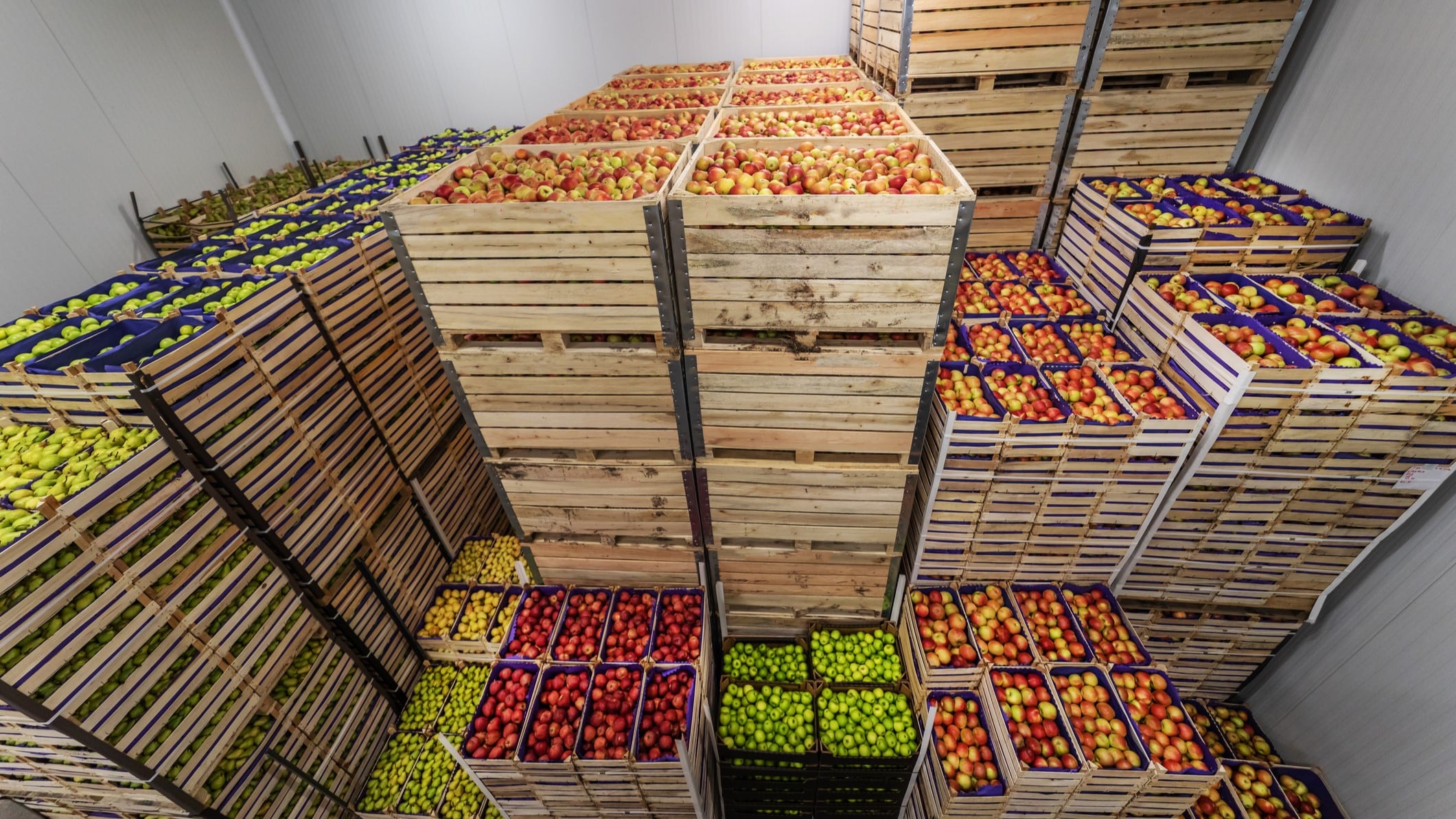In the pursuit of sustainable practices within the mushroom cultivation industry, researchers and experts in Europe are increasingly focused on the efficient SMS recycling and valorisation. This by-product, a residual biomass created after the harvest of edible and medicinal fungi, has traditionally posed environmental challenges and financial burdens.
Finding innovative ways to repurpose SMS is seen as pivotal in aligning the mushroom industry with circular economy principles. The physical properties and chemical composition of SMS have emerged as key factors in exploring its diverse applications, and recent literature has highlighted a growing interest in harnessing its inherent potential.
Researchers from the Inland Norway University of Applied Sciences, Umeå University, Swedish University of Agricultural Sciences and Agricultural University of Athens conducted a review to assess SMS exploitation possibilities and critically discuss recent findings related to its applications in plant and mushroom cultivation, animal husbandry and the recovery of enzymes and bio-active compounds.
Mushroom for sustainability
According to the review, SMS valorisation is essential for the sustainable development of the mushroom industry. It reduces waste and enhances resource efficiency by making use of an agricultural by-product that would otherwise be discarded, thereby diverting it from landfills, reducing the burden on waste management infrastructure and minimising the environmental impacts of landfilling.
Furthermore, edible mushrooms are known for their health-promoting properties and serve as climate-smart, protein-rich food sources that can partially replace meat, mitigating the environmental impact of meat production.
Being rich in organic matter, SMS can sequester carbon when incorporated into suitable applications (e.g., soil amendment), helping to mitigate climate change by reducing greenhouse gas emissions. It can also be used as a feedstock for bio-energy production through processes like anaerobic digestion or pyrolysis, providing a renewable energy source and reducing reliance on fossil fuels.
At the same time, valorising SMS can lead to the development of new industries and market opportunities. For example, it can be processed into various value-added products, such as bio-based materials, fertilisers and animal feed. The development of SMS valorisation industries can then generate employment opportunities, contributing to economic growth.
Unsurprisingly, the mushroom cultivation industry has witnessed substantial growth, with production increasing over 30 times since 1978. Key players in this industry include China, the Netherlands, Poland and other European nations.
The hurdles of valorisation
Of course, challenges remain. Developing efficient and cost-effective SMS valorisation technologies can be complex and the lack of appropriate infrastructure can hinder the scaling up of SMS valorisation processes. Moreover, SMS is often produced in rural areas where mushroom cultivation is prevalent, while its valorisation may occur in more urban or industrial areas — transporting SMS to valorisation sites can incur significant logistical and cost challenges.
Ensuring the quality and safety of SMS-derived products is also crucial, especially when planning to scale up SMS valorisation. Contaminants or pathogens in SMS can pose risks to both the environment and human health, necessitating stringent quality control measures.
Case studies in SMS valorisation
In elucidating the impact of SMS valorisation on sustainability and renewability in mushroom cultivation, the review discussed three case studies.
In the first, integrated production of mushrooms and bio-fuels from hardwood residues exemplified a cascade use model. Mushroom cultivation facilitates the enzymatic saccharification of cellulose, generating glucose for ethanol production and lignin-rich solid leftovers for solid fuel.
The second case study found that enokitake mushrooms cultivated on corncob-based substrates resulted in SMS suitable for anaerobic digestion and bio-gas production. The SMS could then be repurposed for a second cycle of mushroom cultivation.
In the third case study, oyster mushrooms grown on wheat straw-based substrates were found to yield SMS suitable for a second mushroom cycle. The SMS could subsequently used to recover the lignin-degrading enzyme laccase.
Growing in the right directions
The cultivation of edible and medicinal mushrooms has experienced significant growth but has also led to the generation of substantial quantities of SMS. Finding efficient ways to valorise SMS is crucial to the industry's sustainable development.
Based on the information detailed in the review, SMS has significant potential as a source of valuable products and services, including new mushroom cultivation cycles, agricultural applications, recovery of enzymes, and bioactive compounds.
The review concluded: “Appropriate implementation of the cascade-use concept requires significant efforts to ensure optimal process integration based on inter-disciplinary approaches. By achieving it, the system values can be maximised and the extensive use of SMS for generating high-value products and services within a circular bio-economy scenario can become a reality.”
Source: National Center for Biotechnology Information
“Spent substrate from mushroom cultivation: exploitation potential toward various applications and value-added products”
https://doi.org/10.1080/21655979.2023.2252138
Authors: Carlos Martín, et al.




